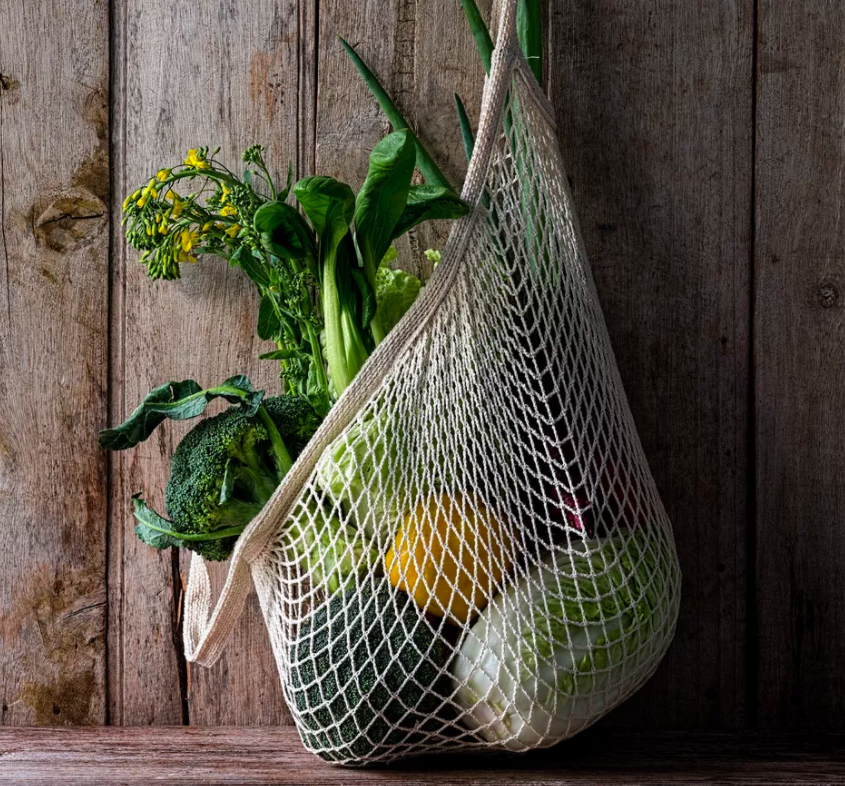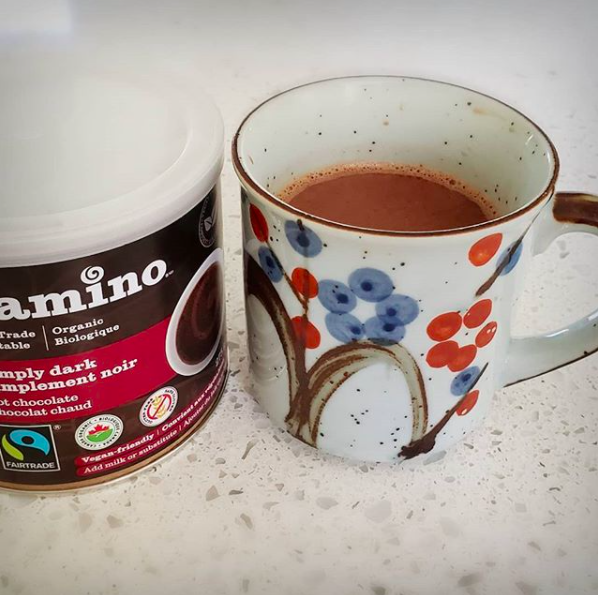In the times we’re living in, one question that’s on all of our minds is this: how can I feel less resigned to the fate of the world?
Things are undeniably scary. Wildfires are raging, sea levels are rising, air pollution is increasing. Climate injustice is looming, and in spite of our protests, we feel like things aren’t changing.
But you don’t have to feel so hopeless and helpless. Although they may seem trivial, individual actions can make a difference — but they should be informed, too. So what can you do?
1. Realize perfection is impossible.
We live in an age of Instagram-perfect zero wasters, all-or-nothing vegans, and a world that otherwise pushes us to achieve unattainable success levels all of the time. Our work effort is admirable, but it’s resulting in way too much burnout.
Don’t let your altruistic efforts to make the world a better place become so all-consuming that you give up before you even start. Acknowledge that baby steps are important and far from trivial. Every single little thing you do, you should celebrate — instead of beating yourself up for failing your goal of cutting out red meat, celebrate all the mealtimes that you opted for something else instead.
2. Challenge the notion that ‘sustainable eating’ looks only like cutting out animal products.
As we’re all pretty much aware by 2020, plant-based diets have gained tremendous levels of popularity, and for good reason. Opting for less meat and dairy can be excellent for your health, and it’s certainly better for the environment. For starters, according to UCLA, it reduces our individual water use, carbon emissions, and landfill contributions.
But it’s important to remember that you don’t have to go fully vegetarian or vegan in order to be a good environmentalist. And there are many reasons why you might choose not to be. Personally, I was a die-hard vegetarian for about a year and a half, but over this past summer I switched into a much more flexible diet.
Moreover, encouraging everyone to cut out meat and dairy because it’s “bad for the environment” can be unjust, for numerous reasons, as writer Juliana Yazbeck says here. Meat and dairy aren’t inherently carbon-intensive — capitalist and colonial practices have simply made them so through things like factory farming. Second of all, replacing meat and dairy with mass-produced crops like chickpeas and quinoa, and more have resulted in higher demand, and therefore higher use of unethical labour practices. These jobs are often done by underpaid folks of colour. Finally, meat is culturally intrinsic to many, and asking people to take it out of their diets is asking them to surrender their culture. We cannot care about the planet if we don’t also care about the welfare of its people.
3. Look for sustainable and ethical products.
Like I said above, climate action must have a justice-oriented approach. We must care about the earth and its people. A great way to find climate and ethics-friendly products is to look for the Fairtrade logo: a holistic certification that ensures rigorous labour and environmental standards. Some examples of easy-to-find, Fairtrade-certified products include Equifruit bananas and Camino chocolate.
4. Watch out for greenwashing.
Big companies are catching on that consumers are trying to buy better. But for many, instead of actually tangibly changing their practices, they’re instead only trying to make it look like they’ve done so. This is greenwashing.
You can avoid greenwashing by doing your research. Look up the company: do they have reports on their sustainability practices? What about third-party certifications (like Fairtrade)? You can also check out other sustainability bloggers and influencers, many of whom do product reviews and resource lists of actually-eco stuff.
I hope this article has been a helpful introduction into sustainable eating and shopping! Stay tuned for more great resources like this one — be sure to follow my blog so you’ll be the first to know when they’re posted.
Talk soon,
Aspen



Loved your blogpost Aspen! I really respect the way you don’t blame meat/dairy for being bad for the environment and explain that it’s the “capitalist and colonial practices [that] have simply made them so through things like factory farming.” I think this detail shows that you’re not a closed-minded person and how you look at a topic from many viewpoints instead of just one. Can’t wait to read your review post!
LikeLiked by 1 person
Thank you so much, Eugenia! I really appreciate that you noticed this detail, it’s something I think is really important and far too often overlooked in the sustainability movement.
LikeLike
Hi Aspen, I thoroughly enjoyed your post! I used to be vegan for over two years and for personal reasons I ended up needing to be more flexible with my diet, and I have definitely felt guilty about not eating sustainably enough. Your article provided a lot of clarity on this subject, and I have never heard of greenwashing before but this is something that I will be looking out for moving forward. Thank you so much for the insight on sustainable eating!
LikeLiked by 1 person
Thank you so much! Great to hear from a fellow former plant-based eater 🙂 I completely agree about all the guilt that comes along with relaxing your diet, and I think it’s entirely unproductive. Everyone doing what they can is better than a few people doing everything, and that “all-or-nothing” approach I see in plant-based eating communities I think gatekeeps from a lot of people who can’t commit 110%.
LikeLike
Hey Aspen! Really enjoyed reading your blog! I am wondering what some of you favourite sustainable meals to make are? Also, do you recommend any stores in Montreal that have good sustainable produce?
LikeLiked by 1 person
Hey Nathan! Thanks so much, I’m enjoying your blog as well! Some of my favourite sustainable meals to make are a pasta with whatever produce I need to use up, oven-crisped chickpeas as a snack, and breaded tempeh!
LikeLiked by 1 person